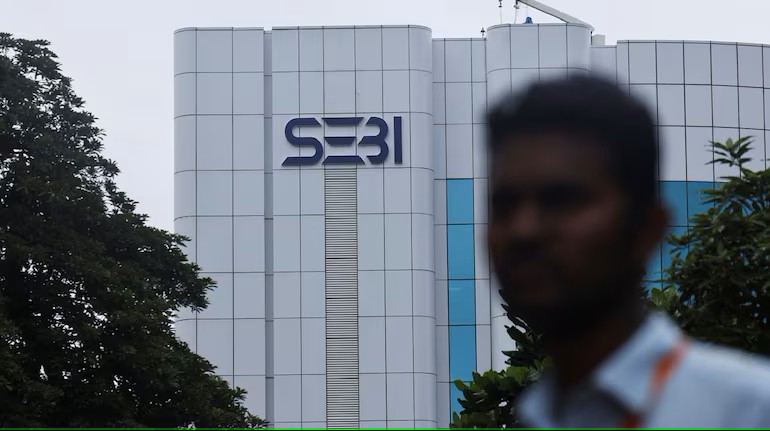Appeals against SEBI orders in SAT surge 50% in 2024
Investments Indian InvestmentsPosted by NewAdmin on 2025-04-02 08:47:24 |
Share: Facebook | Twitter | Whatsapp | Linkedin Visits: 73

The Securities Appellant Tribunal (SAT) has seen a significant surge in the number of pending cases in 2024, with an increase of over 50% compared to the previous year. The number of pending cases grew to 1,121 in 2024, up from 736 in 2023, according to the latest data from the finance ministry. This marks the highest number of pending cases in the last five years, with previous years recording 842 cases in 2022, 770 in 2021, and 646 in 2020. Despite SAT passing almost double the number of orders in 2024 compared to the previous year, the backlog continues to grow. In 2024, SAT disposed of 370 cases, while in 2023, only 187 cases were resolved.
SAT primarily deals with appeals against orders passed by the Securities and Exchange Board of India (Sebi), the Insurance Regulatory and Development Authority of India (IRDAI), and the Pension Fund Regulatory and Development Authority (PFRDA). However, over 95% of the cases heard by SAT are appeals against Sebi orders. Of the 1,121 pending cases at the end of 2024, 1,105 were related to Sebi, while the remaining 16 were appeals against IRDAI. Notably, there were no cases filed or pending against PFRDA during this period. SAT currently operates with a single bench consisting of three members, including one presiding officer and two technical members, and is based in Mumbai.
The increase in pending cases at SAT can be attributed to heightened regulatory actions by Sebi in recent years. In FY23 and FY22, Sebi passed a total of 5,191 orders, of which 2,452 pertained to cases of front running, involving alleged manipulation of smaller stocks. In these two years alone, Sebi issued 3,731 adjudication orders in FY23 and 2,369 orders in FY22, significantly higher than the annual average of around 1,500 orders in previous years. The large number of appeals against these decisions has significantly contributed to the backlog at SAT.
Legal experts point out that the increasing workload at SAT highlights the urgent need for additional benches to handle the growing number of appeals. Despite the government announcing the constitution of a new bench of SAT in the Union Budget for 2016 to alleviate the situation, the proposal has not yet been implemented. This delay has led to a continued strain on the existing single bench, causing delays in resolving appeals. As regulatory actions by Sebi remain robust, the need for structural improvements at SAT becomes increasingly apparent.
Search
Categories
Recent News
- Drug Scandal Shocks Telangana's Medical Community
- Bihar's Medical Marvel: 10kg Tumour Extraction Saves a Life
- Adobe's Firefly: Unlocking Creative AI for Paid Users
- Defence Giant HAL's Shares Plummet Amidst Fighter Jet Competition
- Apollo Tyres Gears Up for India's Cricket Journey
- Drug Scandal: BRS Leader's Kin Questioned, Released
- Dreamliner Radar Glitch Grounds Delhi-Bound Flight
- Deputy CM Pawan Kalyan's State Tour: Prioritising People's Welfare